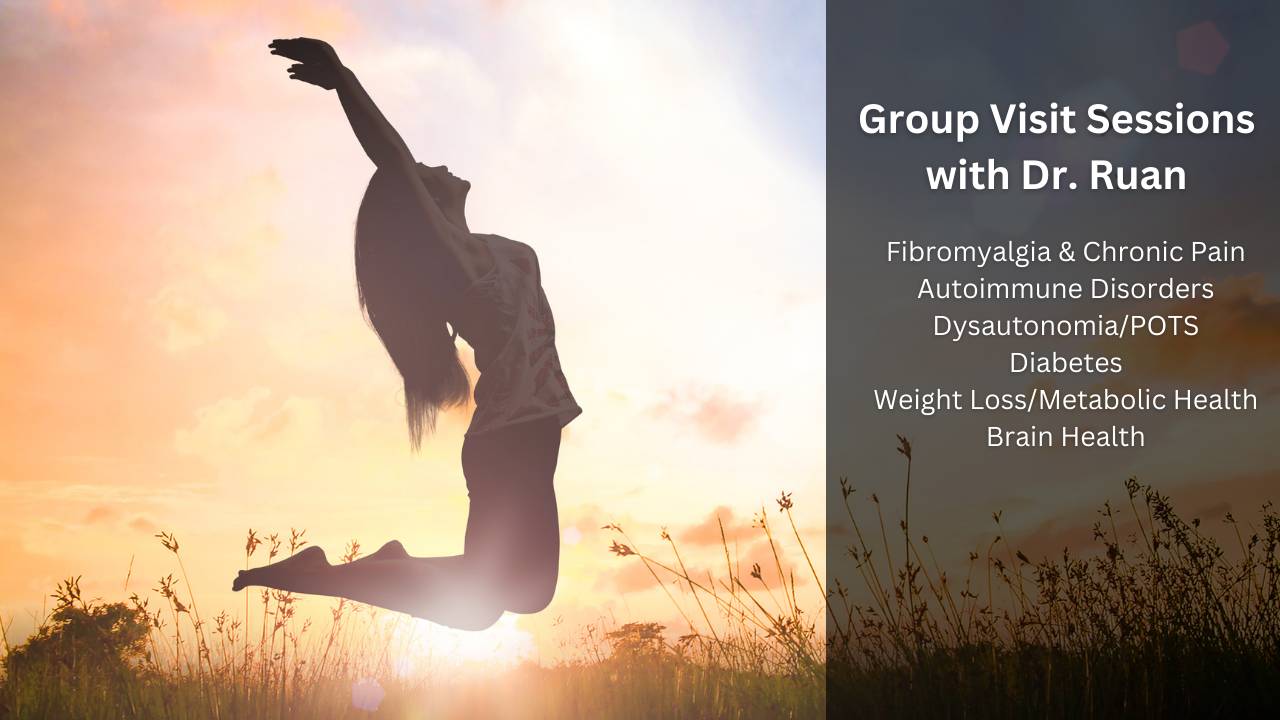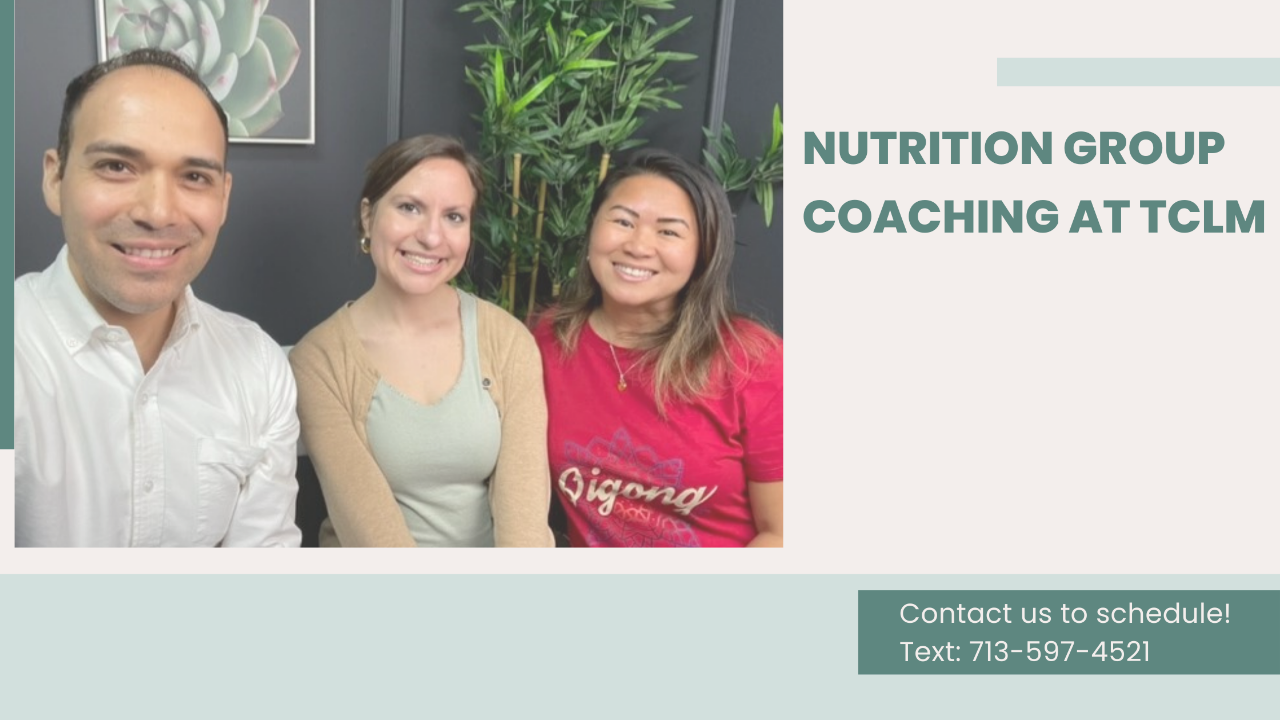Blog
The Power of Collaborative Care: A Pathway to Healing Complex Conditions and Preventing Provider Burnout

Living with complex chronic conditions like fibromyalgia can be an overwhelming and isolating experience. These conditions often have both mental and physical components, making them even more challenging to diagnose and treat effectively. However, the power of collaborative care has emerged as a game-changer in the healthcare industry, providing hope for patients and preventing provider burnout.
The Puzzle of Complex Conditions
Fibromyalgia and other complex conditions are like intricate puzzles, with each patient's case presenting unique challenges. These conditions may involve a blend of physical ailments, mental health issues, and other underlying factors, which necessitate a comprehensive approach to healing. Trying to solve such a puzzle alone can be overwhelming for both the patients and healthcare professionals involved. This is where the concept of collaborative care steps in, offering a unified and multidisciplinary approach to patient care.
The Importance of Collaboration...
Discover Hope and Healing at the Demystifying Fibromyalgia Conference

We understand the challenges you face in dealing with fibromyalgia and related conditions, and we want you to know that you're not alone on this journey. We're excited to extend an invitation that could bring about positive change in your life – the Demystifying Fibromyalgia Conference, hosted by the Physician Transformation Institute.
Join Us for a Transformational Experience:
Date: October 5th-7th
Location: Virtual Event
Secure your spot!: Click HERE and select the VIRTUAL Ticket
Empowering You with Knowledge:
Fibromyalgia is a complex condition that can often leave you feeling frustrated and isolated. The Demystifying Fibromyalgia Conference is designed to provide you with hope, insights, and practical strategies for managing your condition more effectively. Our esteemed speakers, including medical professionals, researchers, and patient advocates, are dedicated to shedding light on the latest advancements in fibromyalgia care.
What to Expect:
Educational Sessions: Gain a de...
Unveiling the Fibromyalgia Conference for Health Professionals and Patients: A Gateway to Insights and Innovation

In our relentless pursuit of enhancing health and well-being, we are thrilled to reveal a monumental event that promises to reshape the landscape of medical understanding and patient care. Brace yourselves for the Demystifying Fibromyalgia Symposium, a beacon of knowledge that beckons both seasoned medical experts and enthusiastic health professionals seeking to unravel the mysteries of Fibromyalgia and TMJ pain disorders. The Symposium is hosted by TCLM, Physician Transformation Institute, and Support Fibromyalgia Network.
Mark Your Calendars!
🗓️ Date: October 5th-7th 🕒 Time: 8:30 AM CST 📍 Location: Join us Virtually! 🎟️ Registration: Click HERE to secure your spot!
Virtual Options available as well! See the registration link above!
A Glimpse into the Future
As purveyors of health, we understand the significance of staying at the forefront of medical advancements. Our conference is a symposium of intellectual vigor, where the most brilliant minds converge to illuminate t...
The Restorative Power of Sleep: A Vital Component for Cognitive, Brain, and Mental Health

In the quest for optimal health and well-being, it's easy to overlook one of the most powerful and accessible tools available to us: sleep. Sleep is not merely a state of rest; it is a fundamental pillar of good health, particularly when it comes to cognitive, brain, and mental health. For those navigating the challenging waters of any emotionally turbulent season, sleep becomes even more critical. In this article, we will explore why sleep is the most important piece in a person's health journey, especially for managing cognitive functions, brain health, and mental well-being amidst the complexities of post-traumatic stress disorder.
Sleep and Cognitive Functions
Think of your brain as a well-tuned orchestra, with different cognitive functions working in harmony to create a seamless symphony. Now, imagine what would happen if one instrument were out of tune - the whole performance would suffer. Similarly, when we lack sufficient sleep, our cognitive functions are affecte
...Unlocking the Power of Your Mind: Virtual Brain Train Group Sessions with Dr. Ruan! Health Coaching Chronicles

At TCLM, we are thrilled to invite you to our transformative Brain Train Group Sessions, led by the esteemed Dr. Cheng Ruan, MD. We would love to take you on a journey through the enriching experience of our virtual group sessions, designed to equip you with the tools and knowledge needed to conquer the challenges of modern life and boost cognitive function and mental wellness.
These are a few of our favorite things about our Brain Train Group Visit Sessions and what you can expect!
-
Enhancing Brain Health and Mental Well-being: In a world that constantly demands our attention and energy, it's easy to overlook the well-being of our minds. Our Brain Train Group Sessions offer a unique opportunity to prioritize mental health, guiding you to explore the triggers of brain-related issues and paving the way for effective solutions. By joining our sessions, you will discover the power of a holistic approach to brain health, addressing the root causes rather than
...
Discover the Secrets of Optimizing your Nutrition! Health Coaching Chronicles

Welcome to Texas Center for Lifestyle Medicine, where we are passionate about empowering you to achieve your best self through the power of nutrition and holistic wellness! Our mission is to guide you on a transformative journey towards optimal health, filled with energy, vitality, and overall well-being. Join us as we uncover the secrets of balanced nutrition and the mind-body connection in this blog post, inspired by our recent nutrition coaching group visits led by the knowledgeable Ruben Lespron and the esteemed Geny Moreno.
Discover the Power of Essential Nutrients In our recent nutrition coaching group visit, we were thrilled to have Ruben Lespron, our foodie extraordinaire and Registered Dietitian, share invaluable insights into the world of essential nutrients. These micronutrients, phytonutrients, and macronutrients play a crucial role in the production of energy within our bodies.
Ruben's expertise provided us with a deeper understanding of how these key nutrients impact ou...
The Fascinating Science Behind Fascia Release: A Promising Approach for Fibromyalgia and TMJ Pain Management

Pain is a complex phenomenon, and for those suffering from chronic conditions like fibromyalgia and temporomandibular joint (TMJ) pain, finding effective relief can be a challenging journey. In recent years, the scientific community has been increasingly intrigued by the role of fascia and its potential in pain management. This blog post delves into the science behind fascia release and its potential benefits for individuals dealing with fibromyalgia and TMJ pain, drawing insights from medical research.
Understanding Fascia
Fascia is a connective tissue that wraps around muscles, bones, and organs, providing support, stability, and protection. It consists of collagen and elastin fibers that create a complex network throughout the body. In addition to its mechanical functions, fascia plays a crucial role in transmitting forces, regulating blood flow, and facilitating the communication between different body systems.
Fibromyalgia and Fascia Dysfunction
Fibromyalgia is a chronic pain ...
Unraveling the Mystery of Chronic Pain and Fibromyalgia: The Fascia Connection

One of the most underrated yet extremely impactful healing tools for managing chronic pain is hidden in the complexities of the fascia. The intriguing link between chronic pain and fibromyalgia with fascia issues has revealed evidence of hope for healing chronic pain, TMJ issues, and fibromyalgia symptoms. Fascia, a complex web of connective tissue that envelops muscles and organs, plays a crucial role in our body's function and well-being. Recent research suggests that fascial restrictions could be at the root of persistent pain and discomfort experienced by individuals with chronic pain and fibromyalgia. In this post, we'll also delve into the powerful methods of fascia release tools and exercises that offer promising results in resolving such pain.
Understanding the Fascia System
Fascia is a continuous network of connective tissue that extends throughout our entire body, interconnecting various structures like muscles, bones, nerves, and blood vessels. This thr
...Discover the Power of Fascia Release for Instant Pain Relief- Learn from an expert!

Are you tired of enduring persistent pain that disrupts your daily life and hampers your overall well-being? At TCLM, we understand the importance of finding natural and effective solutions to manage pain and promote overall physical and emotional healing. That's why we're excited to announce an exclusive workshop on Fascia Release for Pain Relief and Healing, presented by two esteemed experts in the field: Jill Economakos, Founder of Manna Pilates and Health, and Geny Moreno, a skilled Mind-Body Medicine Practitioner. Join us for a hands-on experience that promises to reveal valuable tips for immediate pain relief and long-term healing.
Understanding the Power of Fascia Release: Fascia is a complex web of connective tissue that surrounds muscles, organs, and bones in our body. When this tissue becomes tense or restricted, it can lead to chronic pain, reduced mobility, and even impact our emotional well-being. Jill Economakos, with her wealth of knowledge and expertise, has dedi
...A Multidisciplinary Approach to Chronic Pain Management: Collaborating Towards Effective Solutions

Chronic pain affects millions of individuals worldwide, significantly impacting their quality of life and overall well-being. While pain management typically involves medications and traditional therapies, a growing body of evidence suggests that a multidisciplinary approach, focusing on identifying and addressing the root causes of pain, can lead to more effective long-term solutions. In this blog post, we will explore the benefits of a multidisciplinary approach to chronic pain management, highlighting the collaboration between the Texas Center for Lifestyle Medicine and various specialists and experts in the field.
Understanding Chronic Pain and Its Triggers
Chronic pain is characterized by persistent or recurrent discomfort that lasts for several months or even years. It can manifest in various forms, such as back pain, migraines, fibromyalgia, or joint pain, among others. To effectively manage chronic pain, it is crucial to identify the underlying triggers and reasons why
...